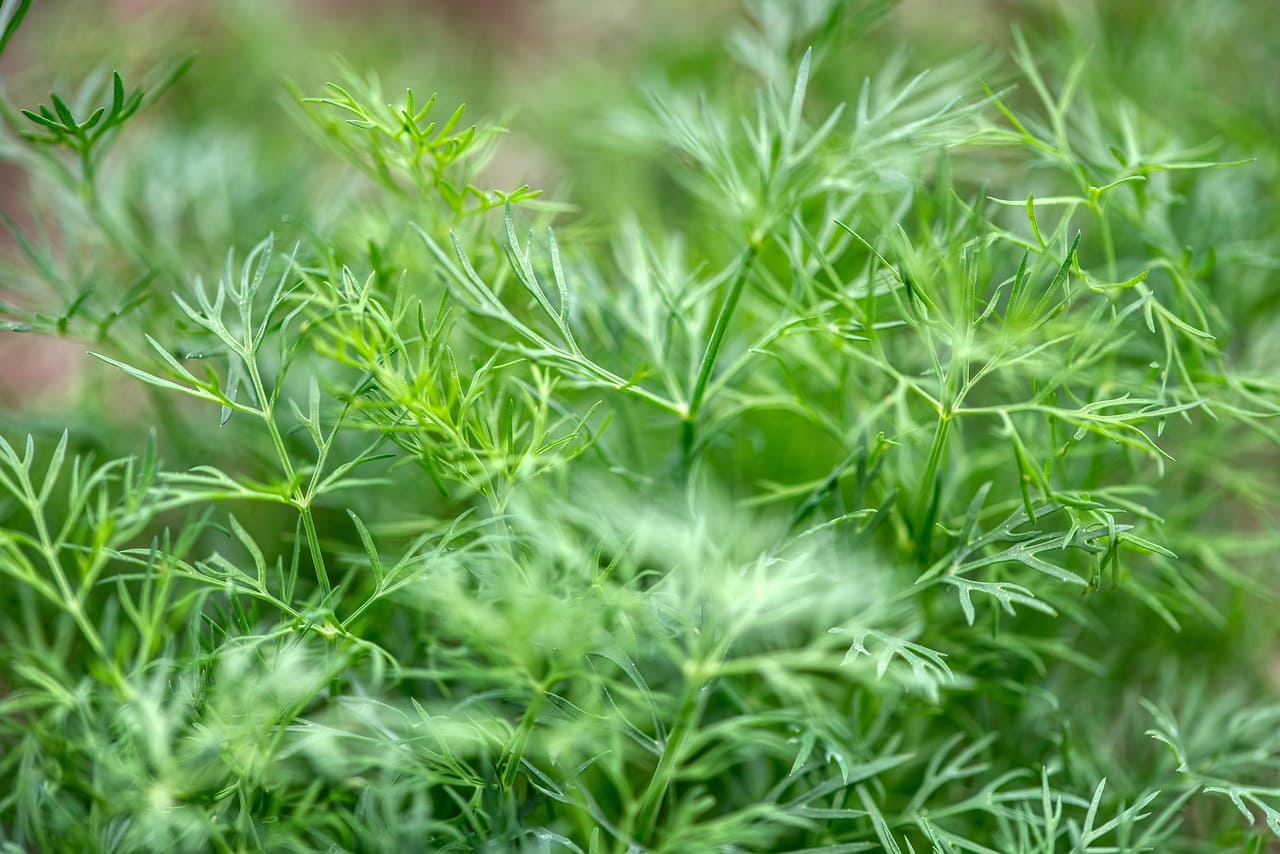Few herbs bring as much brightness and zest to the kitchen as dill herb. With its feathery green leaves and unmistakable aroma, dill has been a culinary staple for centuries, loved for its versatility and fresh, slightly tangy flavor. Whether you’ve sprinkled fresh dill over salmon, tossed it into a potato salad, or enjoyed a tangy chamoy dill pickle, you’ve experienced just a hint of what this amazing herb has to offer.
Dill isn’t just one part of the plant either—it comes in many forms, each with its own uses. From the tender fronds we call dill weed to the tiny, flavorful dill seed, every part of the dill herb brings something special to the table.
A Herb with Deep Roots
The history of dill herb stretches back thousands of years. Ancient Egyptians valued dill not only as a seasoning but also as a medicinal plant. Greeks and Romans also embraced it, using dill seed as both a flavoring and a remedy for digestion. In medieval Europe, dill gained a reputation as a protective plant, even believed to ward off bad luck when hung over doorways or brewed into teas.
Today, dill is beloved across the globe, finding its way into Scandinavian fish dishes, Eastern European soups, Indian spice blends, and of course, the iconic pickle jar. The modern popularity of chamoy dill pickles, a fusion of Mexican chamoy sauce and tangy dill flavor, shows how this humble herb continues to inspire creative twists on classic favorites.
Dill in the Kitchen
When it comes to cooking, dill weed and fresh dill are the stars. Dill weed refers to the delicate, feathery leaves that pack the signature flavor we all recognize. These bright green fronds are perfect for garnishing dishes like soups, salads, fish, or roasted vegetables. The fresh, tangy kick of fresh dill brings a lively finish that pairs beautifully with creamy sauces, yogurt dips, or even scrambled eggs.
Then there’s dill seed, the dried fruit of the dill plant. Unlike the soft leaves, dill seed carries a bolder, earthier flavor with subtle hints of citrus and spice. It’s what gives pickles that classic tangy punch and is also popular in bread recipes, stews, and spice mixes. Together, dill weed and dill seed offer two distinct ways to enjoy the same herb, whether you’re after brightness or depth of flavor.
And let’s not forget about the legendary chamoy dill pickle—a flavor explosion combining the spicy-sweet-sour profile of Mexican chamoy sauce with the tang of dill pickles. It’s proof that dill herb knows no boundaries when it comes to creativity in the kitchen.
Beyond the Plate: Dill and Wellness
While dill is best known for its culinary uses, dill herb has a long tradition in herbal wellness as well. Historically, dill seed tea was used to soothe digestion and even calm hiccups. Its natural oils contain compounds thought to support gut health and relaxation.
This connection between food and wellness brings to mind another traditional favorite: mullein tea. Like dill, mullein tea has been cherished for generations, especially for its gentle, soothing qualities. Though they serve different purposes—mullein tea for respiratory health and dill herb for digestion—they both reflect how herbs often bridge the gap between the kitchen and natural remedies.
Tips for Using Dill at Home
If you’re new to cooking with fresh dill or dill weed, here are some easy ways to incorporate it into your meals:
- Sprinkle dill weed over roasted potatoes or steamed vegetables for a fresh, zesty flavor.
- Add fresh dill to Greek yogurt with lemon and garlic for a quick homemade dip.
- Toss a few dill seeds into soups or stews for subtle flavor as they simmer.
- Experiment with chamoy dill pickles for a spicy, tangy snack that’s both refreshing and bold.
Remember, dill herb has a delicate flavor, so it’s best to add fresh dill near the end of cooking to preserve its brightness.
A Herb Worth Savoring
Whether you’re biting into a crisp chamoy dill pickle, sprinkling dill weed over salmon, or simmering a stew with dill seed, this versatile dill herb adds a burst of flavor and history to your plate. And just like mullein tea offers a warm, soothing sip on a cold day, dill reminds us that nature’s gifts can nourish both body and soul in simple, delicious ways.

